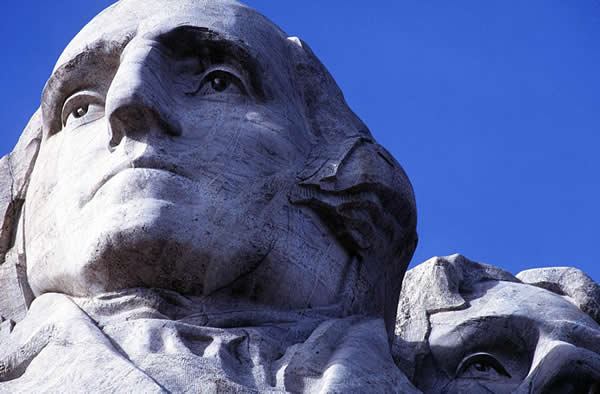George Washington: An Indispensable Birthday
Rich Tucker /
While all men are created equal, some stand head and shoulders above others. Consider George Washington.
He was that rarity: an indispensable man, crucial to the revolution that won American independence and the Constitution that secured it. For generations, Americans understood that. His birthday, moved to February 22 when the British adopted the modern calendar, was celebrated by his contemporaries and the generations that followed. It was formally declared a holiday in 1879.
But in recent generations, that celebration has been watered down. First it was moved to the third Monday in February, to give federal employees a three-day weekend. That meant the holiday would never fall on Washington’s actual birthday. And, while the federal government still refers to the holiday as Washington’s Birthday, in mass culture it has become “Presidents’ Day.”
That’s a shame.
General Washington, as he preferred to be called, led the American Revolution and was rightly extolled for being “first in war, first in peace, and first in the hearts of his countrymen.” He presided over the Constitutional Convention, his stature providing political cover to the rest of the Framers.
And he was the very model of the American presidency. Those in Philadelphia in 1787 understood he would be their president if the Constitution came into effect. When it did, he didn’t disappoint.
Washington shaped the powers of the presidency for all who followed. He left legislating up to Congress, and instead worked to enforce the law, even unpopular ones. If “the laws are to be so trampled upon with impunity,” Washington noted during the Whiskey Rebellion, “nothing but anarchy and confusion is to be expected hereafter.” He put on his military uniform and led troops to stop the rebellion.
Washington also tried to craft an energetic foreign policy that would protect American interests. As he explained in his Farewell Address, he wanted to build a country that could defend itself against foreign threats.
George Washington also set a moral standard for the new nation. He was upstanding in his personal dealings and cautioned that “Of all the dispositions and habits which lead to political prosperity, Religion and morality are indispensable supports.” He was a staunch supporter of religious freedom. “All possess alike liberty of conscience and immunities of citizenship,” he wrote to the Hebrew Congregation at Newport, perfectly explaining the First Amendment’s right to freedom of religion.
When he left office, George Washington didn’t want any awards; he simply wanted to enjoy a quiet retirement at Mount Vernon. By voluntarily giving up power, he became (in the words of British monarch George III) “the greatest man in the world.” And so he remains today, on his 282nd birthday: an irreplaceable man, worthy of our veneration.

